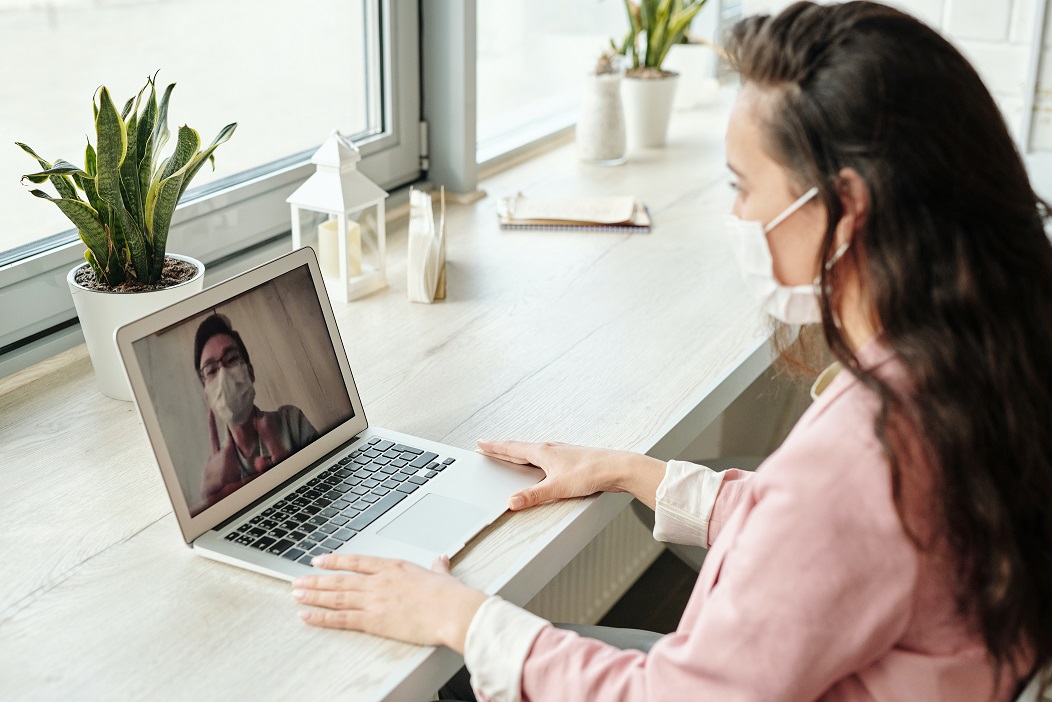The Australian government has made a large financial investment in Headspace.
It’s no secret that the mental health of young people has been at the forefront of public consciousness more so than ever before. Even before COVID-19 restrictions came into play, adolescents have become increasingly more isolated from one another due to the technology they have at their fingertips. In order to mitigate the rising tide of adolescent apathy, anxiety and depression, Australia has outsourced about one third of its $2.3-billion-dollar budget to Headspace, a company that provides virtual and in-person counseling to Australians as well as outreach programs to schools. Since 2006, Headspace has opened 149 centers and funding has increased from $35 million to a whopping $780 million.
Despite the financial investment and trust of the Australian government, the effectiveness of Headspace has recently been called into question by author Steve Kisley in the Medical Journal of Australia. Kisley claims there is little evidence Headspace significantly improves mental health outcomes and cites a both 2009 and 2015 studies that shows little, if any, change on the Kessler Psychological Distress Scale (K10). At best, these studies indicate that, “[the] evidence seems inconsistent with the current generous funding…”
The CEO of Headspace, Jason Trethowan, has responded, however, that Kisley is using “biased” studies that have very limited sample sizes. Trethawon instead points to research yet to be peer-reviewed which focuses on a sample of 58,233 clients who completed surveys during both an initial appointment and a follow-up approximately 90 days later. According to the study, 60% showed improvements in anxiety, depression, or overall social functioning. Trethowan states that this study shows Headspace is an absolutely necessary tool for Australian youth post COVID to “…get through tough times…”

Even though Headspace remains committed to serving youth, some critics have questioned their implementation of health services. Headspace offers both in-person and telehealth services per the patient’s preference. Telehealth services, although vital during the lockdown era, have often been criticized because practitioners cannot see the body language of the patient and pick up on subtle cues or triggers. Moreover, many adolescents and young adults have exited the pandemic with higher amounts of internet addiction.
Trethowan is fully aware of the negative correlation between increased screen time and overall mental health. In an August 2022 article for the “Naomi Valley Independent,” Trethowan writes, “This year found that more than half of young people (57%) believe their mental health is getting worse, with 42% citing social media as the main reason.” Despite Trethowan’s admission of the detriment social media causes to the younger population, he added “…social media…[is] a hub for us to reach young people…who might need mental health support.”
By contrast, Kisley posits that moving forward, Australia needs to “return to evidence-based care delivered in public and private settings.” and claims that funding is better served to increase accessibility and affordability of existing services within the hospital system. Although Kisley pushes for a hands-on approach to mental health, Trethawon believes that social media is an integral tool to reach the most Australians and especially those who are part of the underserved aboriginal tribes.
The Australian government continues to support Headspace. In fact, the platform continues to open new clinics with plans to reach 154 centers by 2025. Only time will tell if Headspace remains the preeminent mode of mental health care for Australian youth.
Sources:
Latest evidence casts further doubt on the effectiveness of Headspace


Join the conversation!